
Apr 1, 2024

In the Belgium Case Study, Ghent University investigated the issue of microbial contamination of pre-stacked recyclable packaging materials for food, such as PP, PET and PE containers or pouches. In small to large-scale (semi) liquid food producers, including those employing aseptic packaging techniques, instances of microbial presence were identified during sampling campaigns in packaging halls. This discovery underscored the need for robust sterilization to maintain packaging and ensure the safety and quality of food products, especially for Intermediate Value Chains (IVCs) where ensuring product integrity and safety is paramount to fostering consumer trust and supporting the sustainability goals of the value chain..
A disinfection technique with peracetic acid (PAA) vapor offers a promising solution to ensure the sterility of spouted pouches for liquid foods In vapor form. PAA addresses challenges associated with the traditional liquid, such as reducing water usage and minimizing chemical residue, , aligning with the sustainability and resilience principles of Intermediate Food Value Chains (IVCs). The technique was tested with a prototype disinfection unit, constructed by Scaldopack which allowed controlled delivery of sterile, hot compressed air and vaporized peracetic acid onto spouted pouches.
Crucial process parameters are monitored spore inoculation with resistant bio-indicators, like the mould Aspergillus niger, ensure precise contamination for accurately assessing disinfection efficacy.
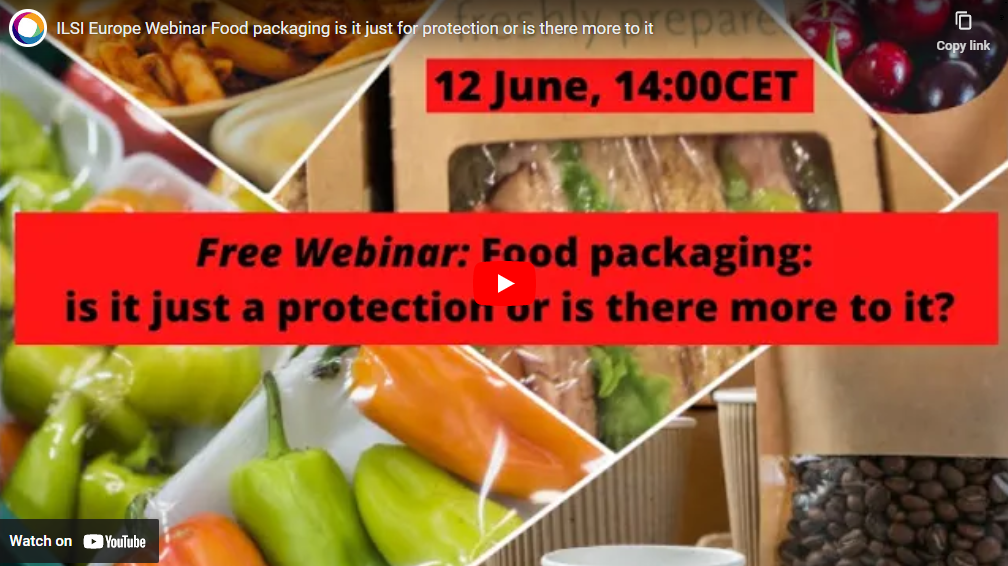
Dec 1, 2022
The recording of the webinar “Food Packaging – is it just for protection or is there more to it?” delivered during the 2020 ILSI Europe Congress is now available online. FAIRCHAIN partners at Pack4Food / University of Ghent gave a presentation entitled “Balance between functionality, convenience and sustainability of food packaging”.
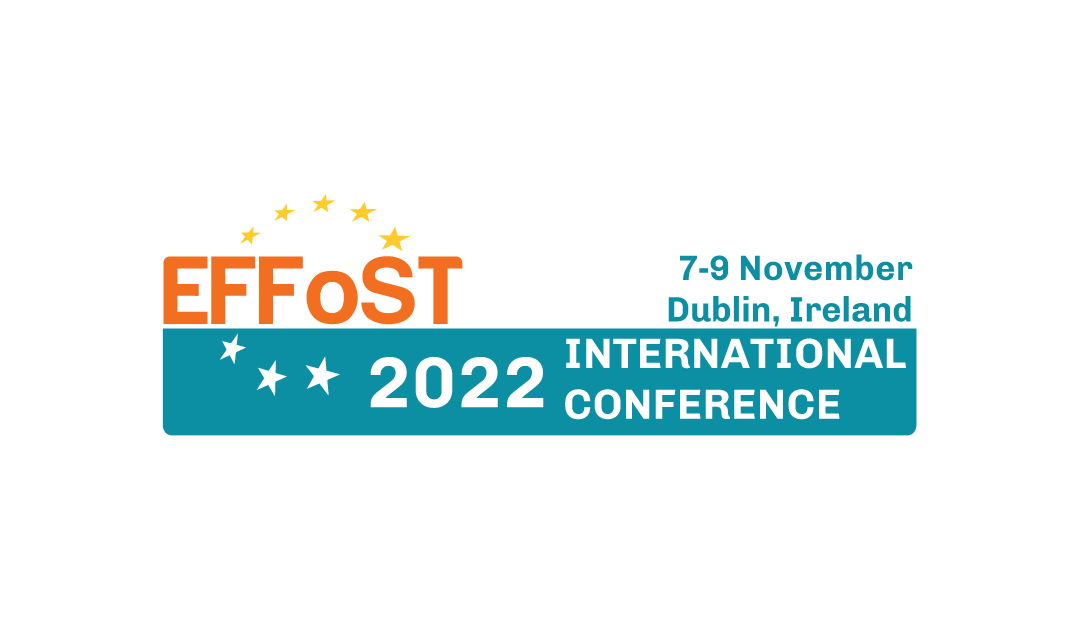
Oct 24, 2022
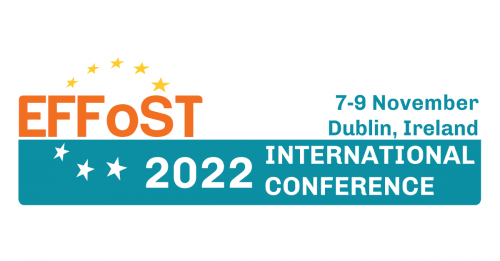
The FAIRCHAIN project will chair a special session dedicated to innovation for small and medium food producers and enterprises at the 36 edition of the EFFoST International Conference. The presentations will focus on technical and technological innovations specifically geared at SMEs developed and demonstrated by different EU-funded projects as well as deployment challenges and supporting factors. The session will take place on 9 November from 11h05 to 12h50 GMT.
PROGRAMME
Introduction & objectives – Geneviève Gésan-Guiziou (FAIRCHAIN coordinator), National Research Institute for Agriculture, Food and the Environment (INRAE)
Agrifood Innovation: New Needs in the FOOD 2030 Scenario – Jonas Lazaro-Mojica, Food Drink Europe
Innovative upgrades to value and packaging of small quantities of liquid food products – Imca Sampers (Ghent University), Geneviève Gésan-Guiziou (INRAE)
Biotechnology tools for clean label plant-based new foods – Inés Echeverría, Centro Nacional de Tecnología y Seguridad Alimentaria (CNTA)
Supporting a frozen fruit value chain of small farmers for optimising production, reducing environmental footprint and re-using data for certification and subsidies – Marianna Gkavrou, NEUROPUBLIC SA
A second chance for food surplus: a digital marketplace to promote circular economy and avoid food waste – Elisa Carloni, University of Bologna
Collaborative Artificial Intelligence for Sustainable Manufacturing in the Food Industry – Juan S. Angarita-Zapata, University of Deusto
Round table discussion – Katherine Flynn, ISEKI-Food Association (moderator)
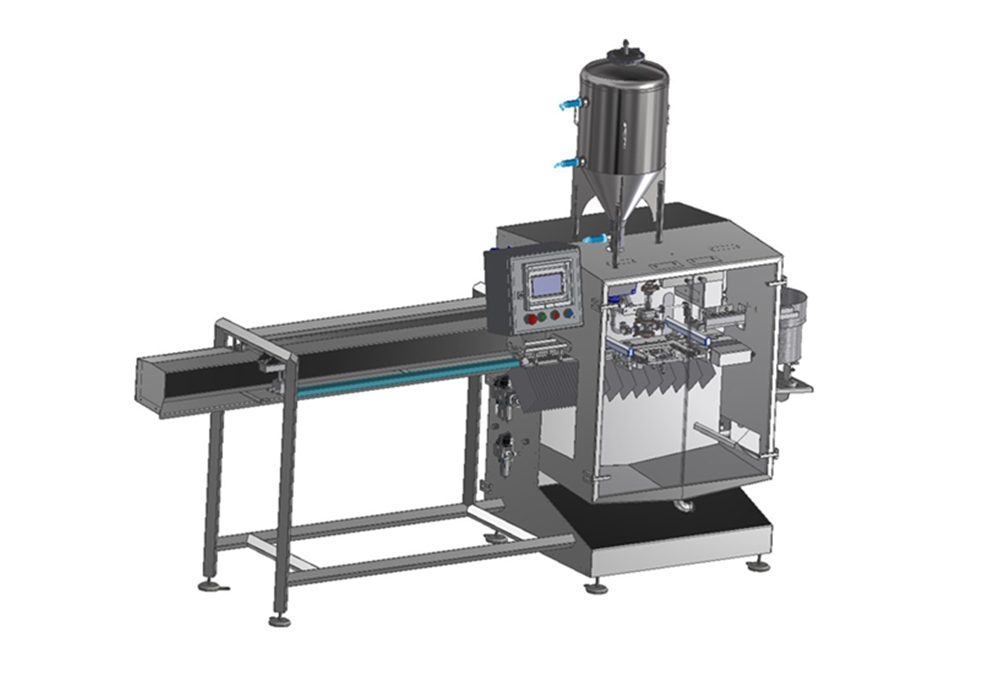
Apr 4, 2022
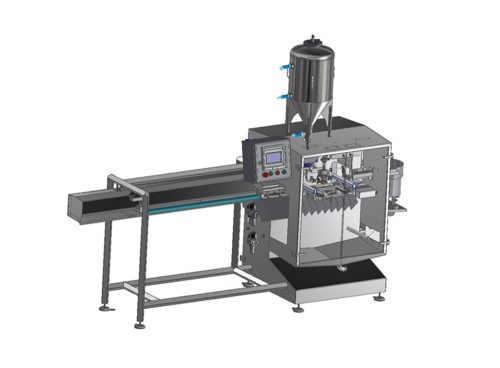 By Pieter-Jan Loveniers, Imca Sampers (U.Gent), Harald Saelens (Scaldopack) and Thierry Bénézech (INRAE)
By Pieter-Jan Loveniers, Imca Sampers (U.Gent), Harald Saelens (Scaldopack) and Thierry Bénézech (INRAE)
The Belgium case study aims to develop an innovative user-friendly packaging machine adapted to the need of small (e.g. farmers) and mid-sized actors (e.g. farmers in agricultural marketing cooperative) (picture). Two options will be followed to ensure an easy cleaning of the machine.
There is a demand for packaging machines for liquid or mashed products adapted to the needs of small and mid-sized actors, that meet the hygienic design standards. The needs are defined as accessible, convenient to use, easy to clean and maintain, aiming at aseptic processes for longer shelf-life products, easy to use using fun and practical packaging for young children, teenagers and of course adults.
The current situation for small actors is manual packaging, which takes time and effort, and/or using machines that are built themselves not even meeting the basic hygiene requirements, offering safe and reliable products at the same level as those offered by large processors.
As the machine will be used by potentially different actors, e.g., farmers or groups of farmers in a cooperative, the equipment must be easy to clean. Two ways are followed to meet these mandatory requirements, (i) an automatic cleaning system attached to the machine and (ii) a design of the machine allowing easy access to all parts, no hidden areas, easy to wash material in an economical time. The part corresponding to the packaging of the products is protected by an aseptic environment linked to a sterile air supply acting as a protective barrier. A sterilization unit for the packaging material may be present if needed.


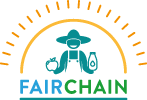




 By Pieter-Jan Loveniers, Imca Sampers (U.Gent), Harald Saelens (Scaldopack) and Thierry Bénézech (INRAE)
By Pieter-Jan Loveniers, Imca Sampers (U.Gent), Harald Saelens (Scaldopack) and Thierry Bénézech (INRAE)